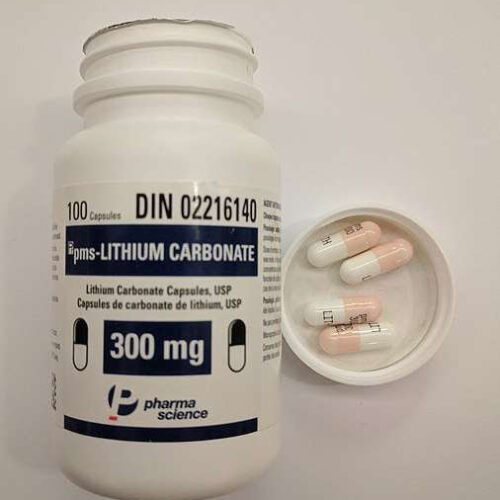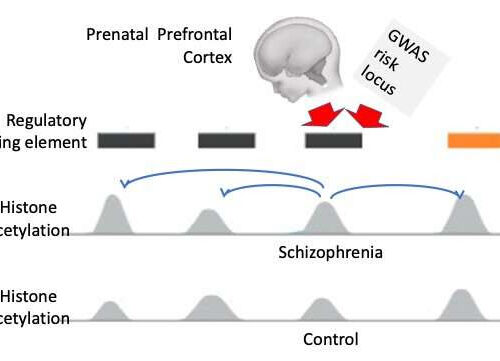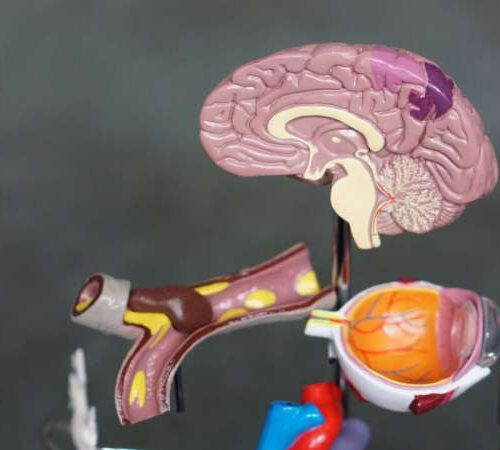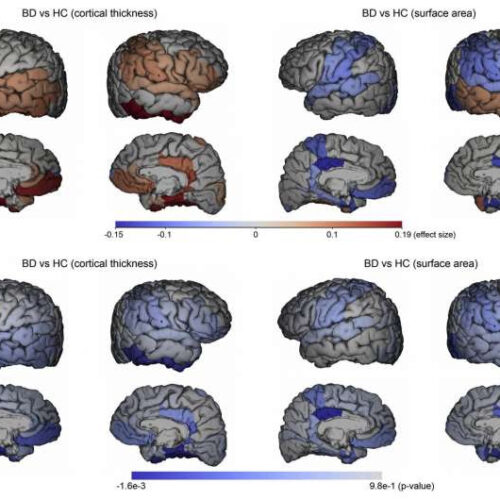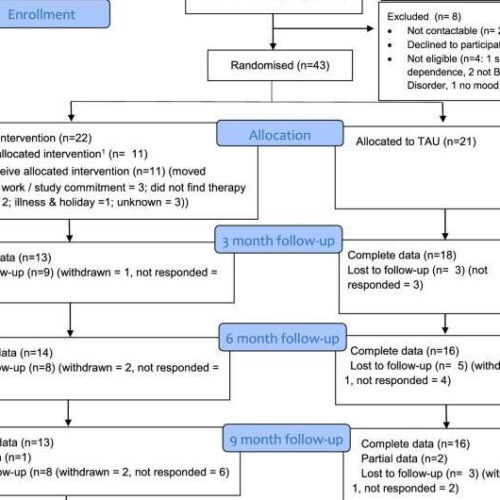Schizoaffective disorder and bipolar disorder are two distinct mental health conditions. The two conditions share common, overlapping features such as mood and psychotic symptoms, making them challenging to distinguish. Psychosis, or the presence of hallucinations and delusions, is common across many psychiatric conditions. Schizoaffective disorder is a mental health condition characterized by schizophrenia and mood...
Tag: <span>bipolar disorder</span>
Schizophrenia and bipolar disorder may be detectable years before illnesses begin
by University College Dublin Credit: Pixabay/CC0 Public Domain The risk of schizophrenia and bipolar disorder may be detectable years before the illnesses begin, according to new research. A University College Dublin led study funded by the Health Research Board has found that 50% of people who developed these mental health disorders had attended specialist child and adolescent...
Bipolar disorder and friendships: How to be there for someone
Bipolar disorder is a mental health condition that can result in extreme shifts in mood. As this may affect how a person thinks, feels, and behaves, it may present challenges that can make it difficult to maintain friendships. Bipolar disorder is a mood disorder that can severely disrupt a person’s life. There are different types of bipolar...
Six lithium dose predictors for patients with bipolar disorder
Karolinska Institutet A bottle of lithium capsules. Credit: James Heilman, MD/Wikimedia Commons, CC BY-SA 4.0 Six predictors could help determine the amount of lithium needed to treat patients with bipolar disorder, according to a large study led by researchers at Karolinska Institutet in Sweden. The study, published in the journal The Lancet Psychiatry, also pinpoints genetic markers that...
Bipolar Breakthrough
Lithium’s main treatment for bipolar disorder was approved a half-century ago but didn’t help all patients and has significant side effects. In part, little progress has been made in finding better therapies because scientists don’t fully understand how the condition arises or exactly how lithium improves symptoms when it does work. A genetic study involving...
Study identifies chromatin alterations in the brains of patients with schizophrenia and bipolar disorder
by Ingrid Fadelli, Medical Xpress Seed points may spread the chromatin hyperacetylation in the nucleus of the nerve cells of the immature brain, resulting in psychiatric disease later in life. Credit: Girdhar et al. The complete set of nucleic acid sequences composing chromosomes in humans, encoded as DNA, is known as the “human genome sequence.”...
Scans show weakened connections in brains of adolescents at risk of bipolar disorder
by University of New South Wales Credit: Unsplash/CC0 Public Domain A brain imaging study of young people at high risk of developing bipolar disorder has for the first time found evidence of weakening connections between key areas of the brain in late adolescence. Up until now, medical researchers knew that bipolar disorder was associated with reduced communication...
Digital biomarkers identify bipolar disorder
Digitalisation plays a part in everything we do in our daily lives. Mountains of data collected from all our devices are a key ingredient in the digitalisation process. Health apps on our mobile phones, for example, record our unique behavioural and physiological data, and use that data to help us monitor and understand our own...
Manic episodes in bipolar disorder linked to abnormal brain changes
by Karolinska Institutet Figure 1. Effect sizes (Cohen’s d; top) and significance of group differences (p-value; bottom) between BD patients and HC mapped into brain space. Cortical thickness findings (left) and surface area findings (right) are shown. The Figure displays the overall pattern in the uncorrected raw results. See Figure 3 for findings after multiple comparisons...
Trial tests new technique to manage mood swings within bipolar disorder
by University of Exeter Figure 1: CONSORT diagram of trial recruitment and retention. Credit: DOI: 10.1186/s40345-021-00226-4 Researchers have conducted a new trial to identify how an existing psychological therapy can be adapted to help people cope with and manage frequent Bipolar mood swings. A subgroup of those with bipolar spectrum disorders experiences ongoing mood fluctuations outside of...




